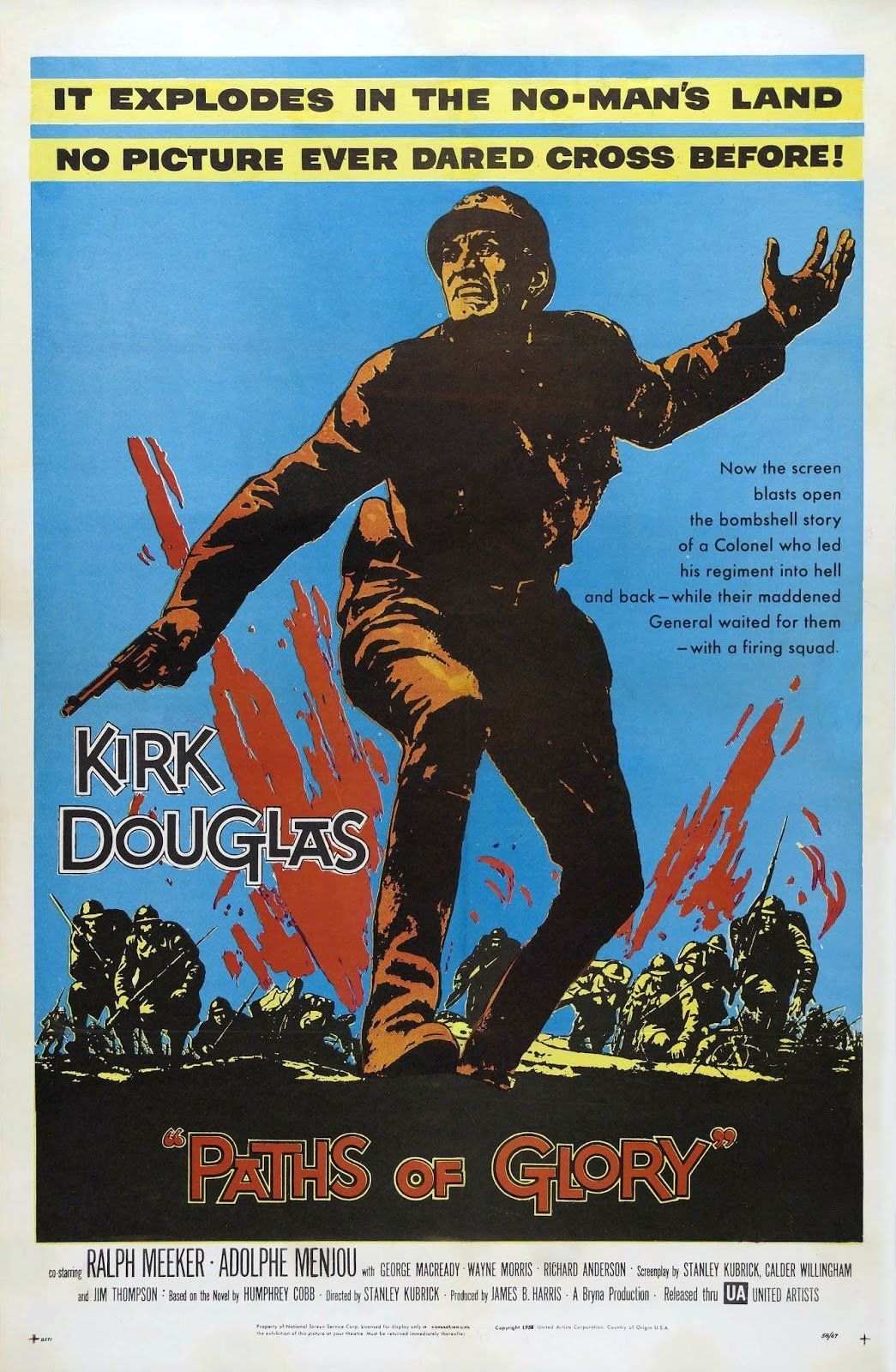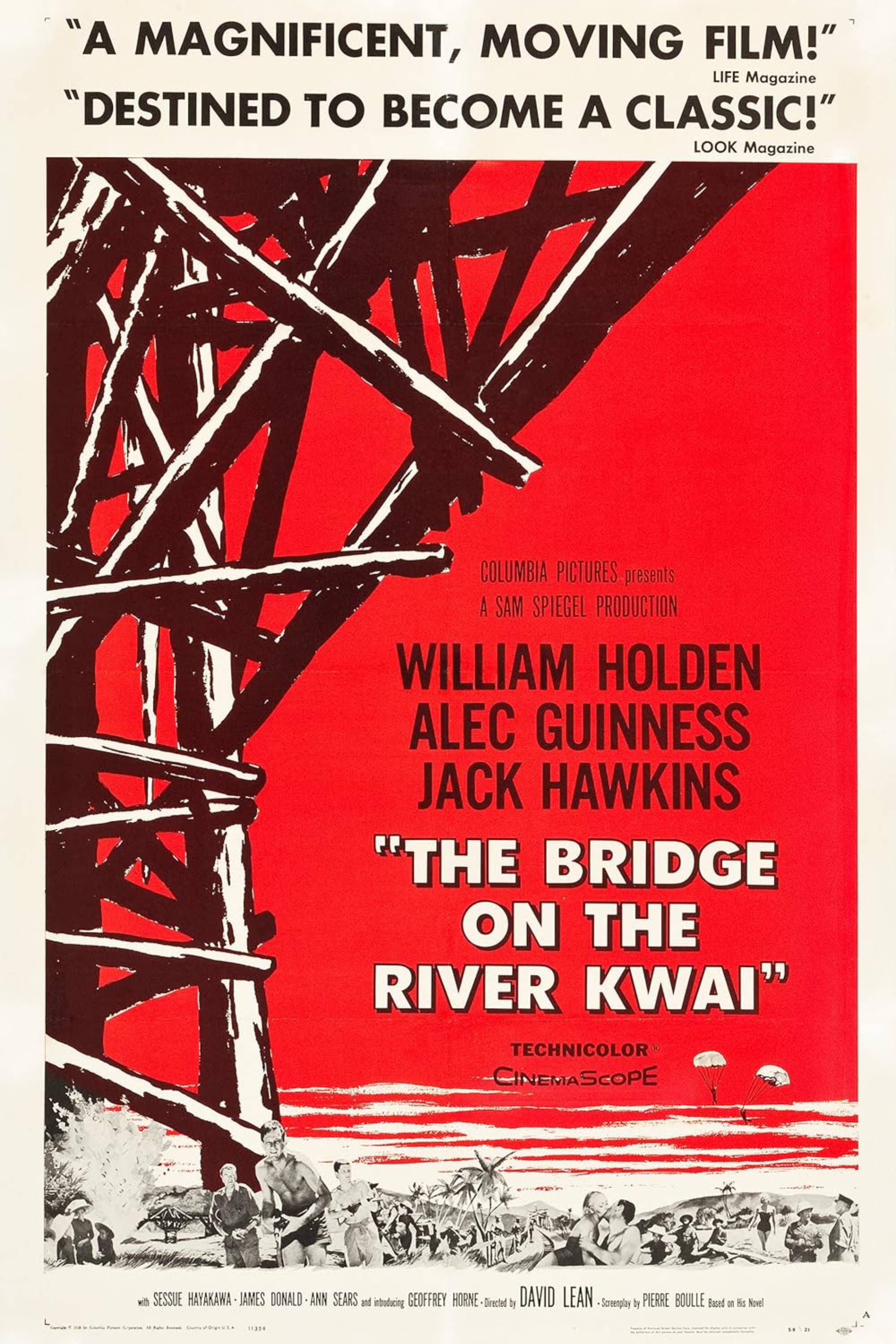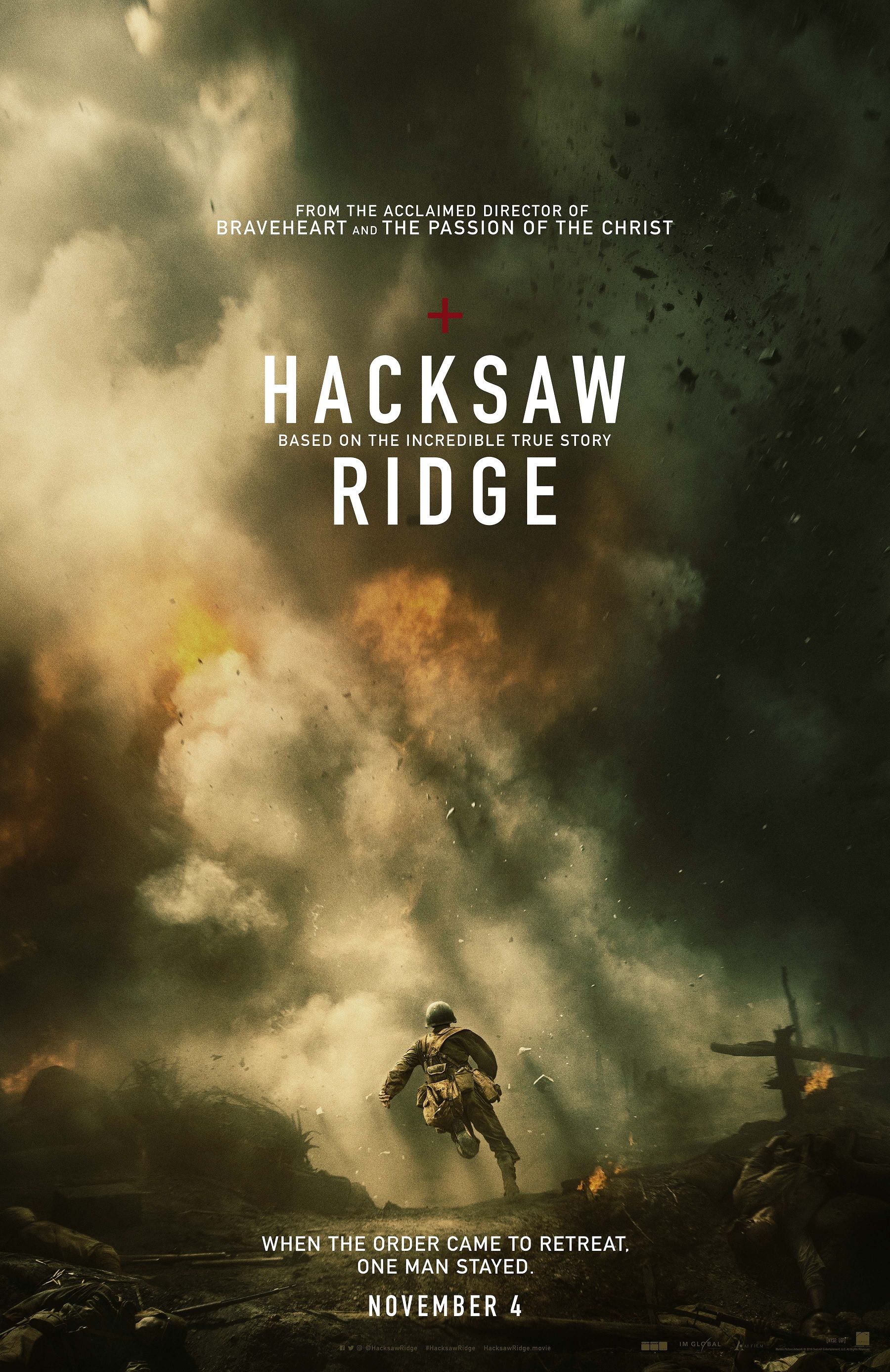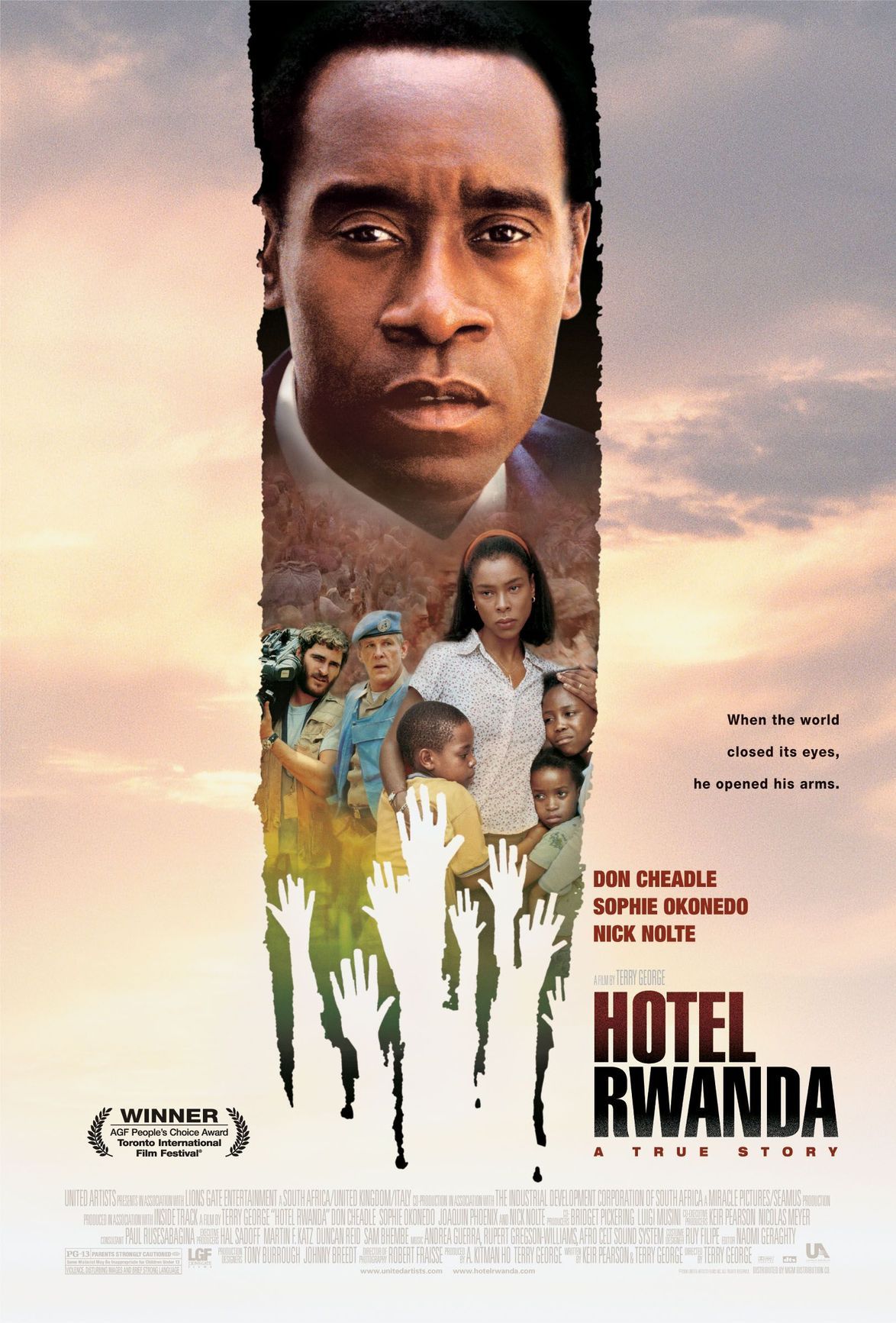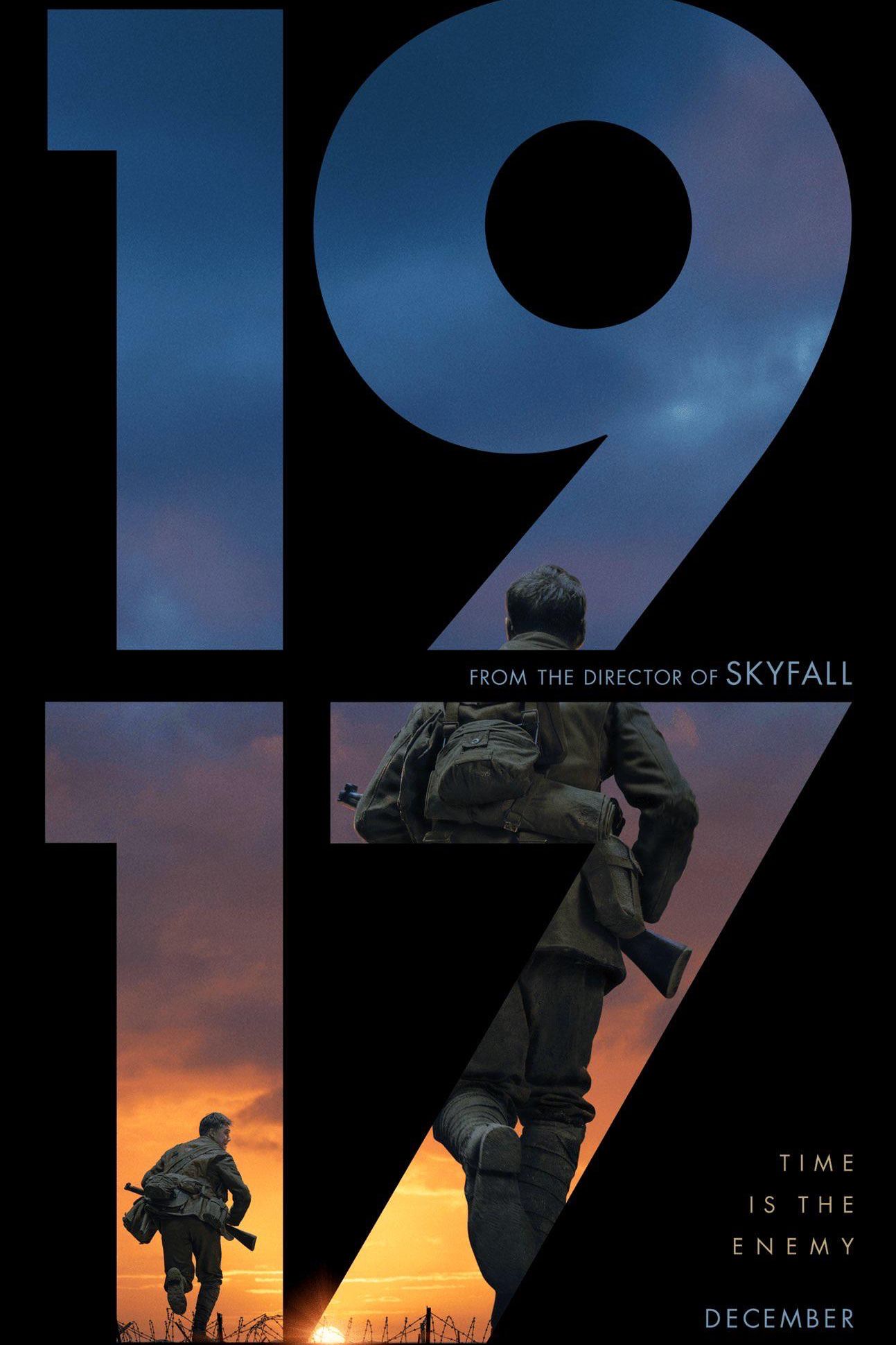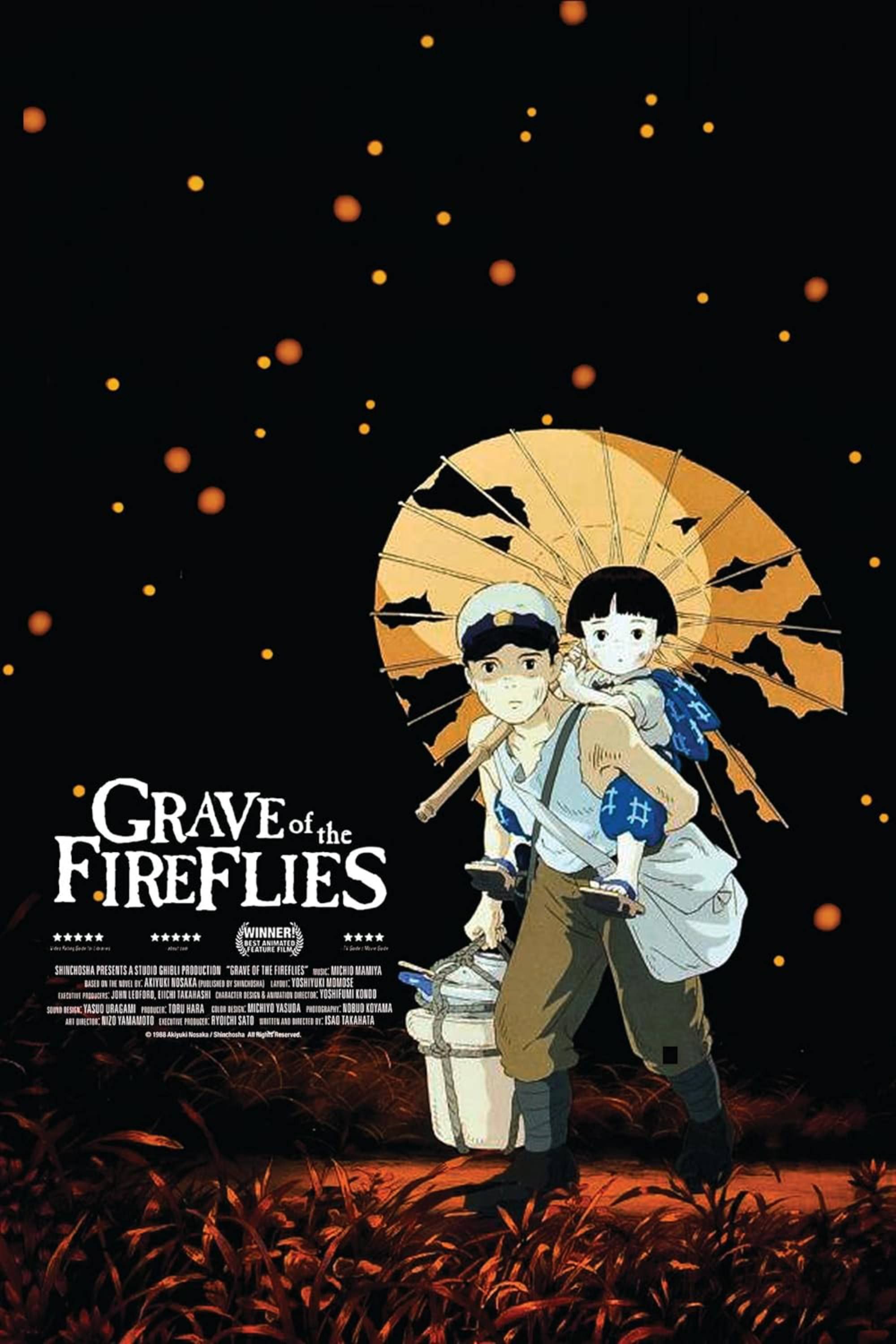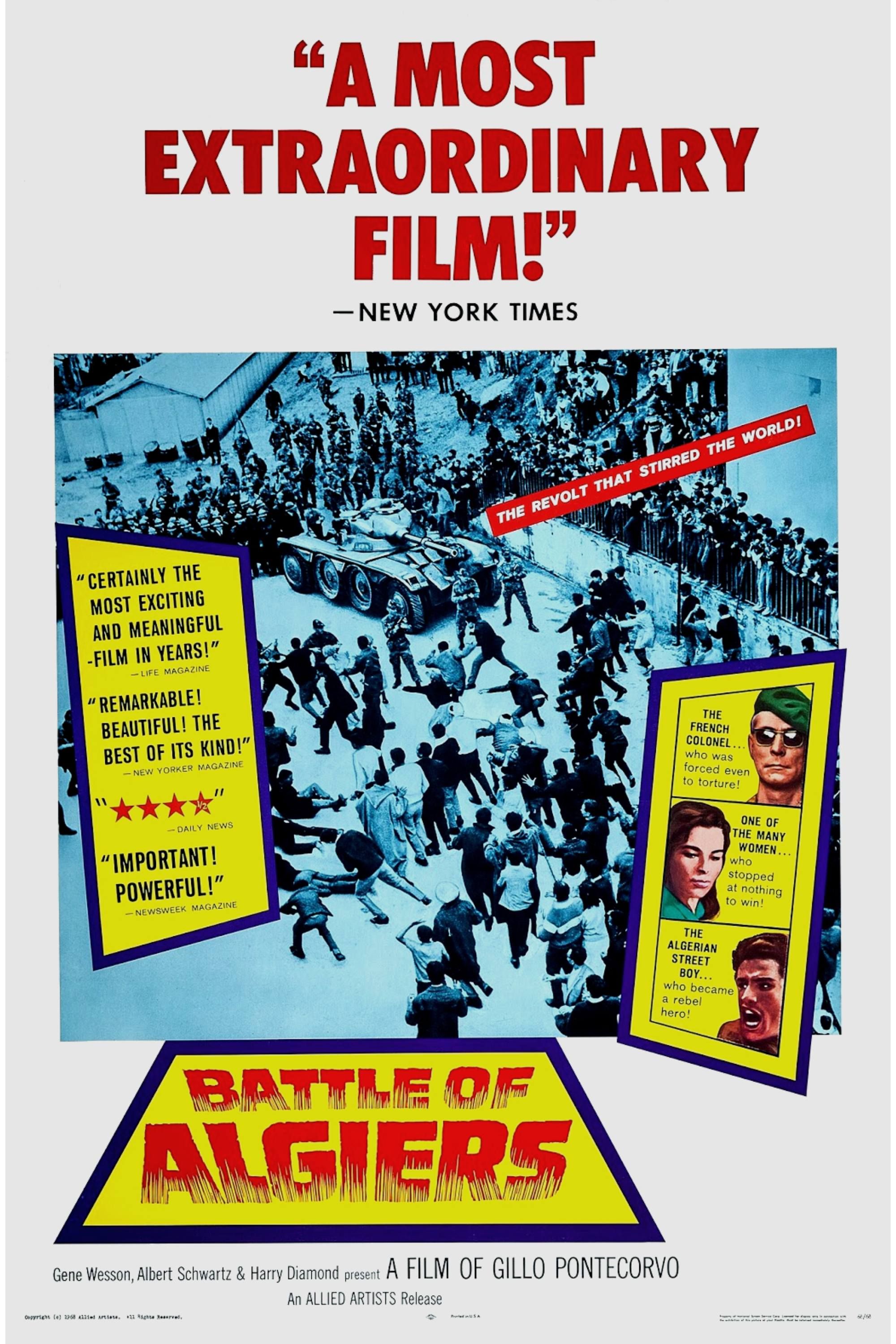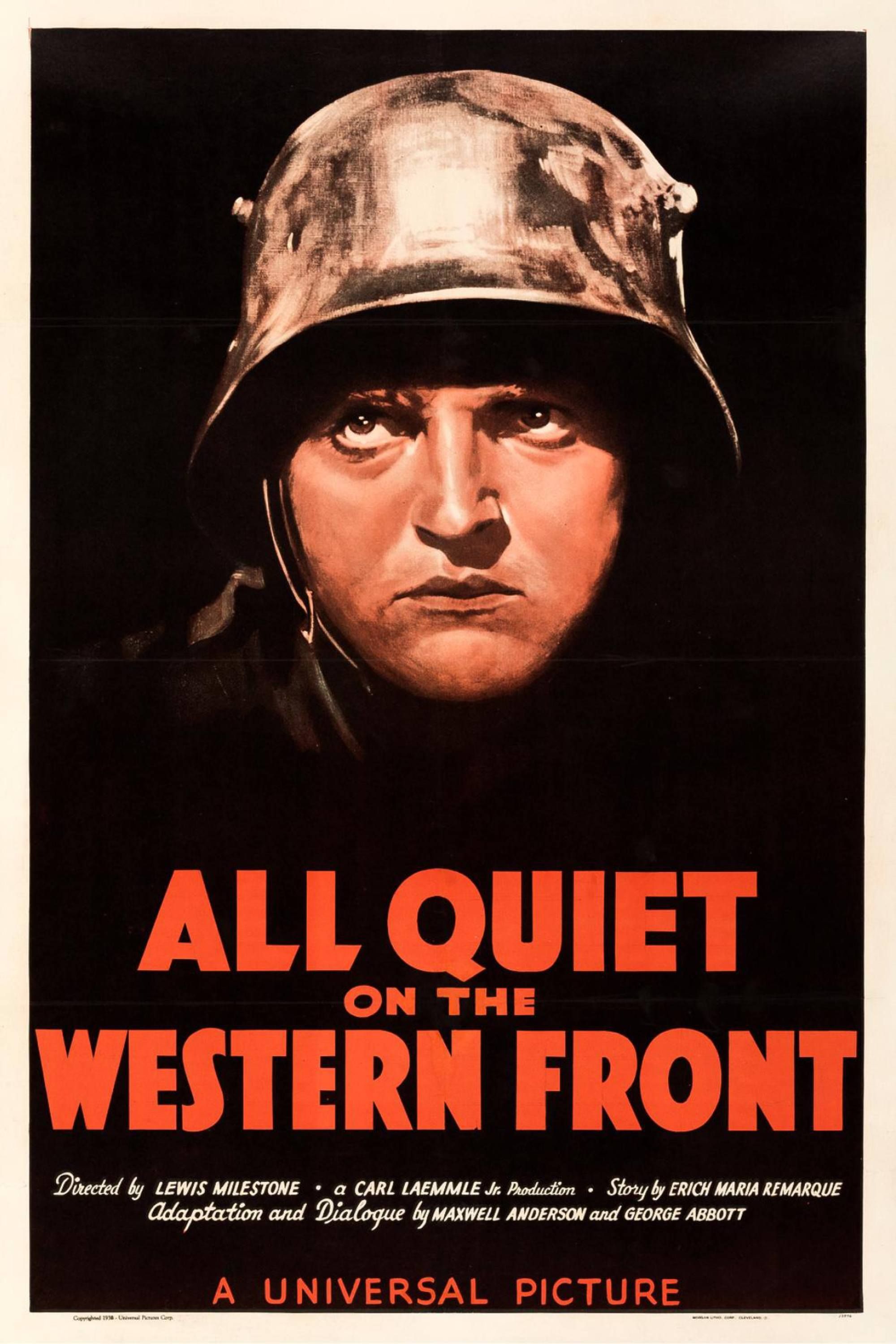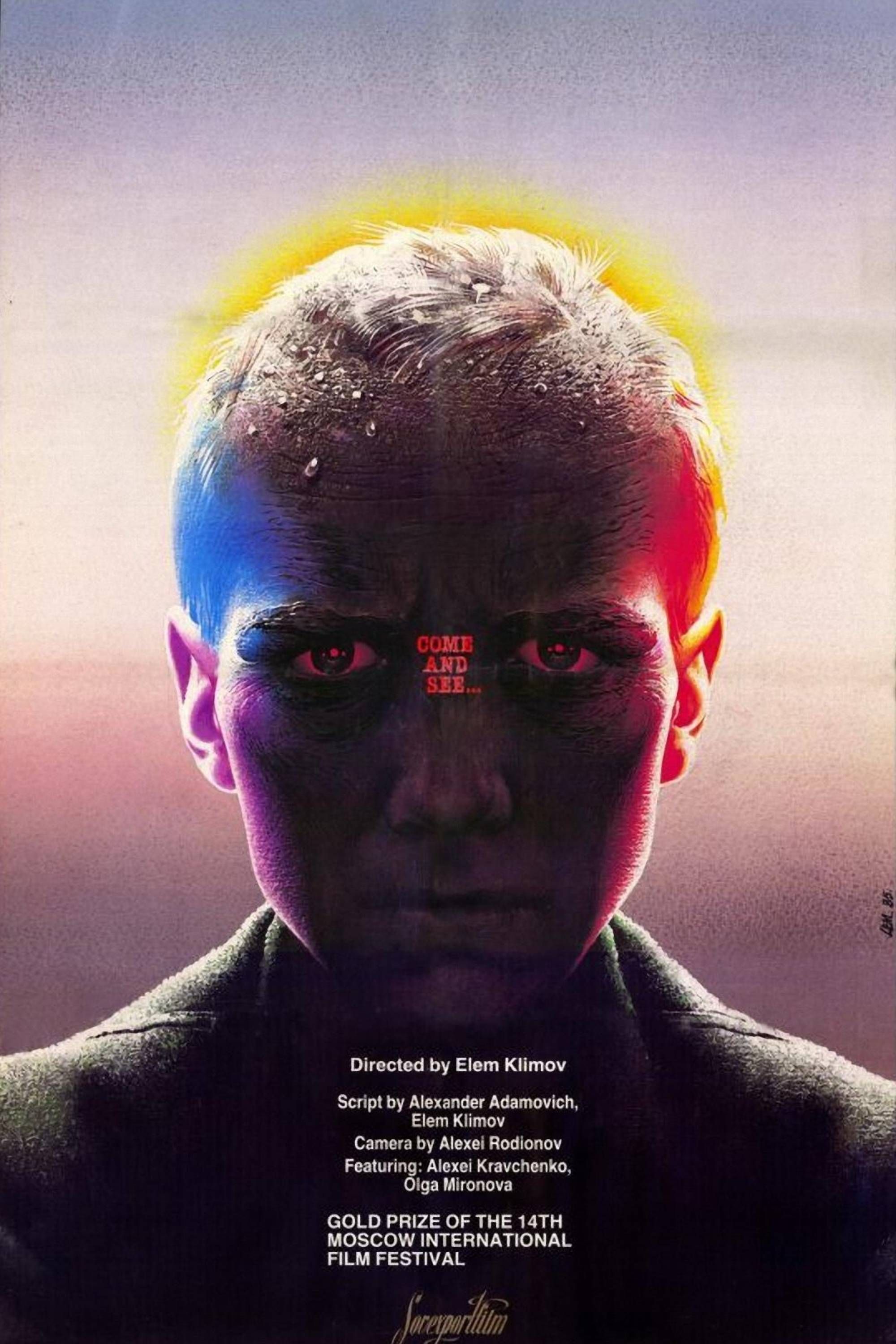Truly impactful war movies have the potential to leave an eternal mark on viewers who carry forward this powerful cinematic experience for the rest of their lives. From brutal depictions of soldiers on the battlefield to uncompromising showcases of the psychological horror of life during wartime, conflict-based cinema has consistently spread an anti-war message that connects with viewers in ways that other media often can’t. As the visual depiction of warfare gets presented to audiences in its purest form, this can leave an impression on viewers that lasts a lifetime.
Many of the greatest directors who ever lived have made truly timeless war movies so brutal they can only be endured once. However, the sheer power of that singular viewing can be so memorable that the visions of war are seared in the audience’s subconscious for decades to come. While these emotionally intense war movies will surely make for uncomfortable viewing, they are also deeply rewarding testaments to the need for peace worldwide and eternal calls to end bloodshed and violence.
10 The Pianist (2002)
Directed by Roman Polanski
The Holocaust has served as the basis for some of the most gut-wrenchingly heartbreaking war movies ever produced. This was certainly the case for Roman Polanski’s The Pianist, which told the true story of Władysław Szpilman, a Jewish-Polish man who lost everything due to the eroding influence of World War II and Nazi Germany’s invasion of Poland. With a truly harrowing script, the dire effects of the genocide committed in the Second World War were on full display in this personal story of loss and perseverance.
Adrien Brody’s astounding performance as Szpilman earned him the Academy Award for Best Actor, making him the youngest recipient to ever receive that honor at age 29. The Pianist won the Palme d’Or at the Cannes Film Festival and was lauded by critics as an astounding anti-war movie that showcased the true debilitating consequences of conflict. As a raw and unflinching depiction of loss, The Pianist will remain with viewers long after the credits have rolled.
9 Paths Of Glory (1957)
Directed by Stanley Kubrick
Paths of Glory stood as acting legend Kirk Douglas’ greatest performance and was an astounding showcase of artistry from director Stanley Kubrick. Set in the trenches of World War I, Douglas starred as Colonel Dax, a commanding officer who refused to send his troops into a suicidal attack and was then accused of cowardice. As a sternly anti-war film, Paths of Glory depicted the willingness of those outside of the battlefield to needlessly and knowingly sacrifice the lives of young soldiers and the bravery it takes to oppose one’s superiors.
A controversial movie upon release, the anti-military stance of Paths of Glory was exactly why it was so effective. By refusing to ignore the true costs of warfare, Kubrick shone a bright light on the hypocrisy of war as Colonel Dax represented a humanistic viewpoint and a powerful message of peace. With themes that are as relevant today as when it was first premiered, Paths of Glory was truly one of the most effective and emotionally tense war movies ever made.
8 The Bridge On The River Kwai (1957)
Directed by David Lean
Filmmaking extraordinaire David Lean was responsible for some of the most epic depictions ever seen in cinema, as acclaimed releases like Lawrence of Arabia and Doctor Zhivago have gone down in cinematic history. One of Lean’s crowning achievements was The Bridge on the River Kwai, a psychologically rich exploration of prisoners of war constructing the Burma Railway. This intense war movie looked at the way that soldiers in trying circumstances must find some semblance of purpose to get through the harrowing experience that was their imprisonment.
With an astounding performance from Alec Guinness as British commander Colonel Nicholson, The Bridge on the River Kwai explored honor, hypocrisy, and madness as British POWs assisted their Japanese captors with the construction of an awe-inspiring bridge. With seven Academy Award wins, including Best Picture, this visual showcase of pure cinema was a richly accomplished exploration of the human condition. With a focus on individual characters and psychological tension, the emotional intensity of The Bridge on the River Kwai will stick with viewers forever.
7 Hacksaw Ridge (2016)
Directed by Mel Gibson
Hacksaw Ridge showcased the horrors of World War II from the perspective of Desmond Doss (Andrew Garfield), an American pacifist combat medic who refused to carry a weapon as a conscientious objector to bloodshed. However, despite Doss’s Christian beliefs meaning he would not contribute to the violence of war, his time on the battlefield during the Battle of Okinawa was anything but calm. Hacksaw Ridge depicted Doss’s attempts to give medical aid to the injured as he was surrounded by intense violence, gunfire, and some of the most harrowing depictions of war ever seen.
As an anti-war film with pacifist themes, Hacksaw Ridge was uncompromising in its depiction of the chaotic and unforgiving realities of war. This emotionally bruising film was a harrowing and unforgettable viewing experience that featured astounding battle sequences to rival that of classics like Saving Private Ryan. While Hacksaw Ridge was not a movie for the faint of heart, those who watch it will never forget it.
6 Hotel Rwanda (2004)
Directed by Terry George
While there have been countless emotionally intense depictions of the First and Second World Wars and conflicts, like in Vietnam, Hotel Rwanda was an astounding war film about a lesser-known conflict. This intense depiction of the Rwandan genocide starred Don Cheadle as the hotelier Paul Rusesabagina, who helped save the lives of over 1,000 refugees by providing them shelter in his Hôtel des Mille Collines. As a brutal civil war that saw hundreds of thousands of members of the Tutsi ethnic group brutally killed, Hotel Rwanda took viewers right into the heart of this unimaginably ruthless conflict.
Hotel Rwanda was a sobering tale of an unjust massacre whose hotel setting and personal perspective allowed viewers to emotionally connect with the personal stories of those caught in the midst of nationwide bloodshed. Cheadle gave a fantastic performance, as political corruption and widespread violence compelled him to open the doors of his hotel to those seeking refuge. With many thematic similarities to Steven Spielberg’s Schindler’s List, Hotel Rwanda demonstrated that harrowing acts of genocide did not end with the Holocaust.
5 1917 (2019)
Directed by Sam Mendes
While long shots and continuous takes were nothing new in Hollywood, Sam Mendes utilized this creative filmmaking style for maximal emotional effect in 1917. This visually spectacular World War I film was presented as two extended continuous shots as viewers followed the young protagonists in real-time. As British soldiers Will Schofield (George MacKay) and Tom Blake (Dean-Charles Chapman) engaged in a death-defying mission to deliver an important message, 1917 powerfully showcased the unforgiving nature and intense danger of war.
By presenting the First World War from a personal perspective and having viewers experience every footstep of the soldiers’ harrowing journey, 1917 became a hard-hitting and startlingly immediate showcase of the darkest sides of the conflict. 1917 was astounding for its technical achievements but was made eternally memorable due to its narrative’s emotional weight and personal intensity. Through a process of full cinematic immersion, 1917 made it feel like audiences were literally on the battlefield with the soldiers.
4 Grave Of The Fireflies (1988)
Directed by Isao Takahata
Western audiences rarely saw the Second World War depicted from a Japanese perspective, which made Grave of the Fireflies all the more harrowing. This Studio Ghibli animated film was one of the most heartbreaking depictions of war ever made as two orphan siblings struggling to survive in the closing months of World War II. As an emotionally draining and deeply rewarding story of perseverance and the harrowing effects of war on children, Grave of the Fireflies captured the heartbreaking intensity of life during wartime for a country’s most innocent citizens.
The heartbreaking climax of Grave of the Fireflies came with the death of its four-year-old protagonist, who starved while surrounded by other malnourished survivors. While Studio Ghibli was normally associated with epic fantasy stories, the utter realism of this wartorn tale made it all the more effective. While Grave of the Fireflies made for tense and challenging viewing, it was a cinematic experience viewers were unlikely ever to forget.
3 The Battle Of Algiers (1966)
Directed by Gillo Pontecorvo
Gillo Pontecorvo’s The Battle of Algiers was a radical war movie that had a major influence on the genre moving forward. As an intense docudrama, the film was shot on location with a cast of non-professional actors, many of whom had real experience with the Algerian War and were actual veterans of the conflict. This unique approach blended fact and fiction to produce a deeply resonant war movie that took viewers right into the heat of battle.
As a defining release in Italian neorealist cinema, The Battle of Algiers presented an important commentary on urban guerrilla warfare and Algeria’s intense battle to gain independence from the French. As powerful today as when it was first released, The Battle of Algiers was a trailblazing war film that will leave a mark on any and all viewers who watch it.
2 All Quiet On The Western Front (1930)
Directed by Lewis Milestone
All Quiet on the Western Front has remained one of the most impactful and emotionally intense war movies ever made for almost 100 years now. This gutwrenching look at the shell-shocked young soldier Paul Bäumer (Lew Ayres) was a shocking showcase of the realities of bloodshed as it expertly captured the anti-war ethos of Erich German author Maria Remarque’s original novel. Set during the First World War, All Quiet on the Western Front posited an urgent message of peace just as Hitler’s Nazi party was beginning to take hold in Germany.
As the Best Picture Academy Award recipient, All Quiet on the Western Front has remained a deeply effective story, as proven by the recent success of its 2022 remake. This harrowing, shocking, dismal tale of war was so emotionally draining that its legacy as an undisputed classic of war movies has remained since it was first released in 1930. A strong influence on practically every war movie that came after it, All Quiet on the Western Front was a truly unforgettable experience.
1 Come And See (1985)
Directed by Elem Klimov
The Soviet war drama Come and See was among the most brutal and emotionally intense films ever produced. From director Elem Klimov, this uncompromising film focuses on the Nazi occupation of Belarus from the point of view of a teenager named Flyora. After witnessing some of the most unspeakable acts humanity was capable of, Come and See saw its young protagonist join the resistance movement as he’s brought ever closer toward the sinister depths of the worst aspects of mankind.
With a mix of hyperreal and surrealist imagery, Come and See was the kind of movie that once viewers had watched it, they would carry forward its intensity for the rest of their lives. While it’s rightfully regarded as a classic of anti-war cinema, the sheer brutality of its narrative meant that even the most stern viewer would have difficulty taking it all in. As the existential nightmare of war was brought into sharp focus, Come and See showcased the impacted power of war movies.



